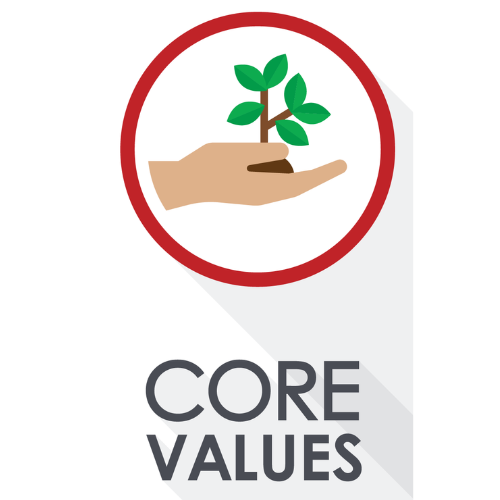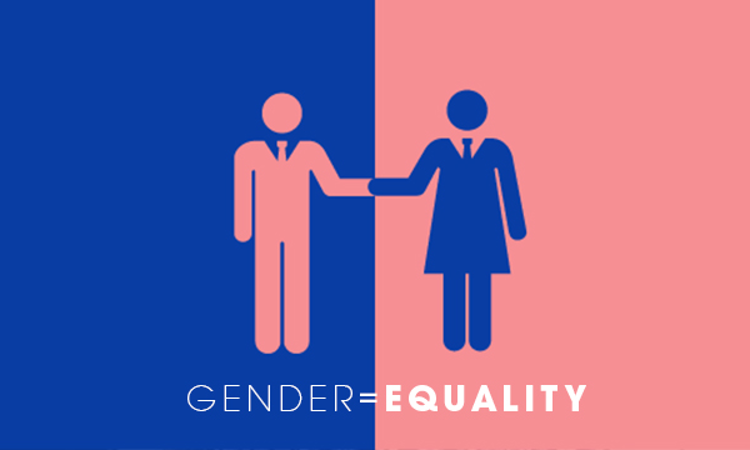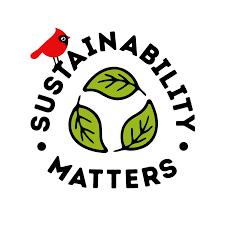
Our Mission
Empower men and women of disadvantage communities to enhance their life quality taking responsibilities by their own in co-operative manner.


A strong people democratic Organization KGNT (Knowhow to Grass-root New Technique) was formed in the year 2001, and registered under the society registration Act 1860 at Nuapada on dated 8th September 2004. KGNT People’s organization, which is a process of social changes towards development by participating in decision making of the different Groups. A networking body to discuss relating o their situation, exchange of experiences and direct contact between the CBOs, SHGs and Clubs. Main objective is that people, who are poor, exploited and aimless of disadvantaged communities, can say “We took responsibilities for our Community development”. The Organization assists people to bring community dynamics through the different integrated forces.

KGNT is the complete shape up of a prior premonition, which was envisioned by a group of people from the society which is form with support of Lutheran world service (India). How to achieve without accompany of local social organization towards development. Without active participation and decision of the local young vulnerable people, development is not sustainable or not possible. That Point of view (Knowhow to Grassroots New Technique) KGNT formed by involving local people for reaching the aim of social changes and sustainability. The Lutheran World Service (India) NGO, have transferred their programs to local ownership in 2001 to the KGNT as a change agent of the society before withdrawal their program.
1. To provide guidance, facilitate, assist, and encourage the communities to identify for the formation of its own
organization like Self Help Group, Club, Federation, Farmers Club, villages committees, women associations, LGBT at all
level of society ensuring gender justice by involving their full participation in all round of development and motivate
people to assume complete responsibility for sustaining the growth of these organizations, capital formation and mobilization of local resources.
2. To promote & introduce sustainable agriculture practice and other income generation activities for the rural educated and
uneducated, unemployed youths, women, SHG Members of backward communities.
3. To promote & provide environmental education, eco-development, protection & promotion by organizing awareness campaigns,
seminars symposia and workshops with stress for create & preserve social forestry and check deforestation, encourage plantation
and preservation of environment
4. To run and establish vocational training institution for various educational activities like computer education, information
technology and other forthcoming modern education to poor and weaker sections irrespective of caste, creed, race, sex, and religion.
5. To promote and undertake various women & Child development welfare activities such gender equality, legal awareness, counselling &
assistance, nutrition & health education, creche centre, women empowerment, self employment through awareness, education, training
and up-gradation of skill for their economic standard of living.
6. To undertake any other project/program as per the decision of the general body of the society through a resolution from time to time.


KGNT started integrated community development programme guided by the belief that all people deserve to live in peace with dignity.
Our core value based on social work's and service, social justice, dignity. We do respect to worth of the person and importance of human relationships, integrity, and competence. We have confidence that all social workers to be aspire on these principles and to be set forth ideals. Also challenge all households must be involved in the development process and must benefit equitably. Participation of all households in the habitation is a non-negotiable condition of the programme.


"KGNT promotes representation of all community segments in decision-making, transcending caste, economic statusand social barriers.We strive for equal access to basic services and opportunities.Committed to social equity, KGNT recognizes systemic inequalities' impact on marginalized communities. Our work focuses on: Addressing root causes of social exclusion: poverty, caste, disability and other factors. Amplifying marginalized voices and perspectives. Fostering inclusive partnerships and collaborations that advance social justice."
We believe gender equity is a fundamental human right. We strive for equal representation, participation and decision-making power for women and men at the community level. Our goal is a society where women and girls have equal access to resources, opportunities and decision-making. Empower women through education, skill-building and economic opportunities. We do challenge patriarchal norms and stereotypes that perpetuate gender-based violence and discrimination. By promoting gender equality, we foster inclusive communities, social justice and human dignity."


At KGNT, sustainability drives our mission. We prioritize environmental stewardship and social responsibility through:
Environmentally conscious operations and programs.
Empowering marginalized communities with sustainable livelihoods and economic opportunities.
Advocating policies and practices that safeguard the environment and promote social justice.
Our commitment ensures a healthier planet and equitable future."
Development processes have built-in institutional and financial mechanisms for sustainability
and are necessarily based on sound environmental values.
Poor people can and will pay for beneficial development services but there are some social costs‘which society at large must meet. KGNT is engaged in estimating the resource-requirement for the proposed scaling up of operations. Along with forming alliances with other NGOs and CBOs, it will also involve building capacities of community‘s leader, present staff, recruitment of new staff at appropriate levels, strengthening internal systems of monitoring and evaluation and mobilizing the external funds required for implementation and other costs of the organization. The resource mobilization strategy continues to focus, on one hand, on increasing the levels of government funding – at least for programme activities – while the inflow from national/international agencies continue on the other hand


KGNT promotes community participation in the development process to empower local populations and achieve sustainable development. Self-help groups (SHGs) and community-based organizations (CBOs) collaborate with local communities, involving them in discussions, planning, and project implementation stages. The objective is to motivate individuals to participate voluntarily, fostering a sense of collective commitment for strategic action. SHGs, primarily comprising women, encourage thrift and collective savings to support immediate consumption needs or invest in income-generating activities such as agriculture, livestock rearing, and crafts. KGNT provides capacity building in areas like record-keeping and financial training. The project has successfully formed numerous SHGs, empowering vulnerable women and mobilizing resources from government agencies and within communities. Grain Banks are established to prevent exploitation by money lenders during food shortages, and continuous training and networking efforts strengthen linkages with credit institutions and government agencies for sustainable development.

Our NGO is honored to collaborate with dedicated partners who share our vision for positive change. Through these partnerships, we amplify our impact on diverse community initiatives, ranging from education and healthcare to environmental sustainability. Together, we foster a spirit of collaboration, leveraging resources and expertise to create lasting transformations in the lives of underserved populations. Our partners, both local and international, stand as pillars of support, driving our shared mission forward. With their unwavering commitment, we continue to reach new milestones, empowering communities, promoting inclusivity, and ensuring a brighter, more equitable future for all.
Acts and rules governing Non-Governmental Organizations (NGOs) are crucial for their operation. In many countries, including India, there are specific regulations in place. The Foreign Contribution (Regulation) Act, 2010 (FCRA) in India is one such key legislation, which monitors foreign contributions to NGOs. NGOs must comply with guidelines, reporting, and registration requirements outlined in the FCRA. These laws aim to ensure transparency, accountability, and proper utilization of funds by NGOs, fostering trust and responsible social work.
